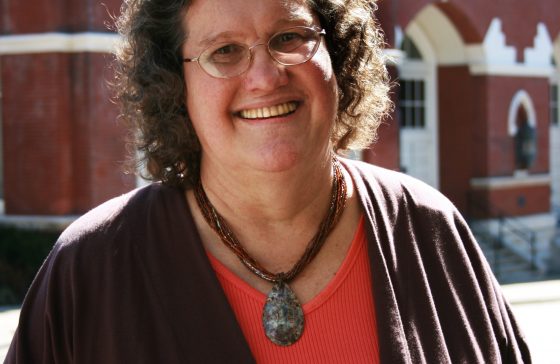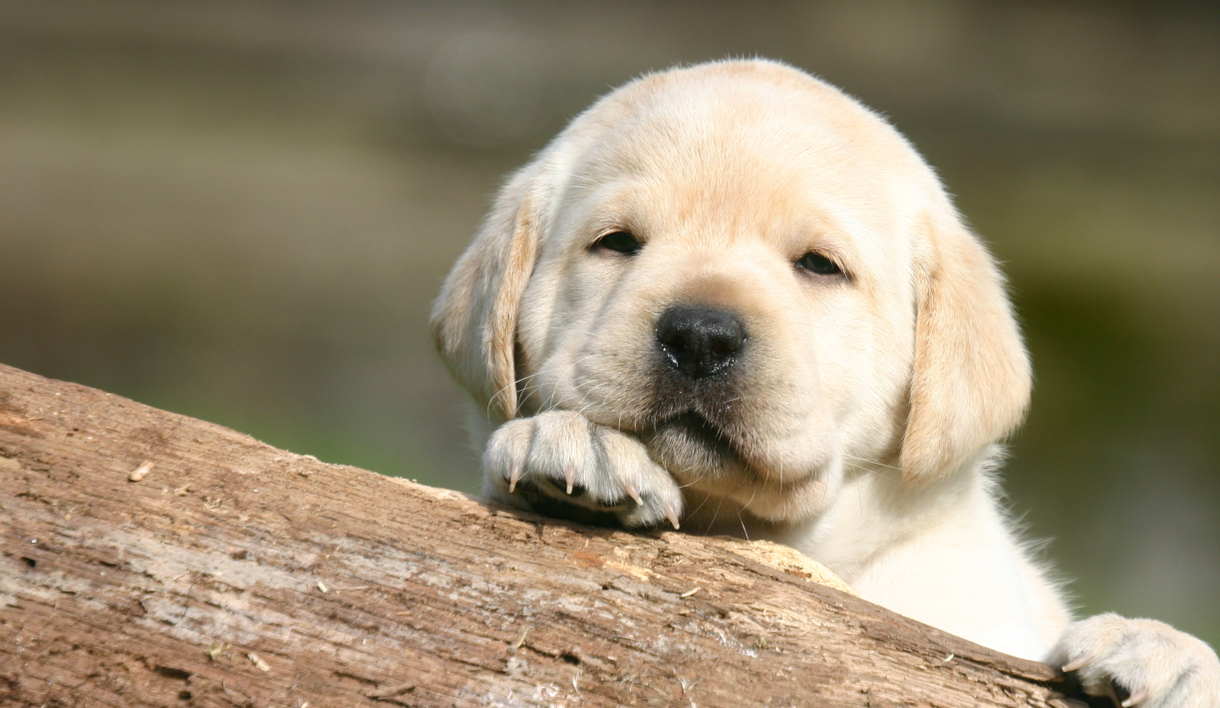One of the things that I constantly struggle with is that my usage of social media seems radically different than most other people. Generally speaking, I join a social network to interact with my friends and, in some instances, friends of friends. I’m not really interested in anything else. This is admittedly not at all normal.
When Bluesky launched I joined and followed a few people that I know. I expanded that list as more people I knew joined the platform. When I went to read posts on Bluesky I stuck to a custom feed called “OnlyPosts,” which showed only posts (no re-posts or “reskeets”) from people I followed. Today I use the “Following” feed, which is essentially the same thing… people that I follow. I don’t really follow people I don’t know, and I don’t subscribe to any other feeds.
This “friends-only” approach is the same way I used to use Facebook, only I was much more stringent with my friend choices. At the point I left Facebook, I had 117 friends, and I used to joke that it was 100 too many. On the content side, all my posts were set to private or “friends-only.”
On various forums and groups I’m part of things like “starter packs” and follow lists are used enthusiastically by people, and it is so alien to me. Why would I follow people that I don’t know? That sounds overwhelming and alien to me. And if the list is about a subject I’m interested in, why not just go to a forum or Reddit? Those are robust areas of finding discussions about an interest.
So, as I noted, my approach to social media is not normal. I get that. And I certainly don’t mean to imply it’s better or a more healthy way to embrace social media. In fact, it’s decidedly less social. But I do have to acknowledge that I struggle to understand the truly social approach. Why would I follow hundreds of people I don’t know? Is it because I’m old? Is it because I’m pathologically introverted? Is it because I’m arrogant and don’t care what others think? (It’s most likely not that, but it’s tough to be objective).
This all came to a head when I left Instagram and Facebook. What I loved about Facebook was its synchronous connections. If I set my posts to friends-only, people I interact with would have to be friends. Bluesky is not like that. If I post on Bluesky it is required to be public. So that intimacy is gone. I don’t have to read everyone, but I have to broadcast to everyone. Same with other social networks of any legitimate size. How can I have a smaller, intimate social connection online?
And I think that is perhaps the essence of my dissonance. For me, connections online are indeed close and intimate and deep. Is that true of everyone? If so, how do they share with their intimate friends in a social or group setting? Is that Facebook? Or do they not have an intimate group and just text or email? I really don’t know, but I’m definitely feeling that gap.
My current solution is to interact with friends via text or Signal or email. It’s one on one, which is obviously intimate and private. It is working, but I still feel there is that gap—that group gathering place where those friends overlap in a private place. This has been Facebook, but since I left Facebook I don’t know what it will be. Maybe it doesn’t exist.
So how about you? How does social media fit in your life and where are your intimate group settings? Is that Facebook? A Discord forum? Or do you not need such a place?


